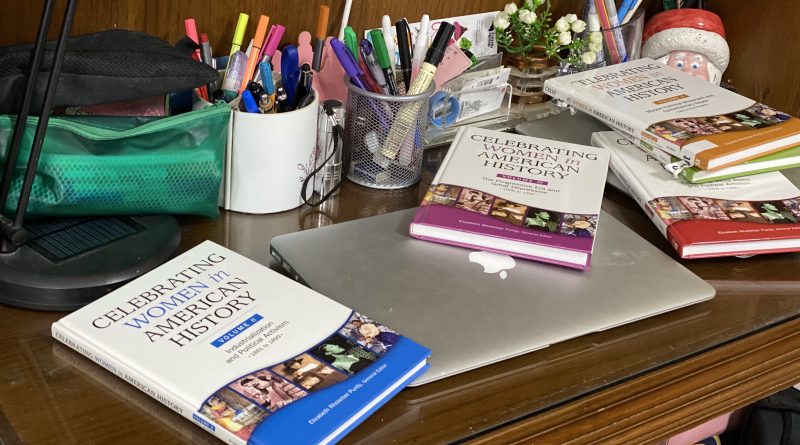El-Shimi: Core Curriculum Courses Help Students Acquire Skills
By: Hayam Mahran
@hayamabdallahh
As the only liberal arts university in Egypt, AUC requires students to take courses in a variety of disciplines, but there is debate about whether these core curriculum courses benefit students.
According to AUC’s official website, a liberal arts education aims to produce students who can solve problems in their society. In order to do that, people need to study subjects from different disciplines.
Dean of Undergraduate Studies and Academy of Liberal Arts (ALA) Ghada Elshimi believes that the core curriculum courses are what differentiate AUC from any other university in Egypt, and referred to them as the centerpiece of AUC’s liberal arts education.
“AUC believes that this is what a 21st-century education requires. You need a specialization in a particular field, but you also need diversity, multidisciplinary, and the ability to interact with people from different majors, and that’s what differentiates us from other universities in Egypt,” Elshimi told The Caravan.
All AUC students are required to take core curriculum courses, regardless of their major to ensure that they all receive a basic liberal arts education.
The core curriculum consists of three levels: the freshman level, the secondary level, and the capstone level. Each level has a variety of courses from different fields to meet the interest of every student.
However, there are some specific courses that all students must take, which include writing and communication courses such as, RHET, in addition to Philosophical Thinking, and Scientific Thinking.
“The reason AUC has the freshman program requirements is that there isn’t a career that you find that does not require effective communication, argument, and analysis,” Elshimi said.
The main aim of the core curriculum is to help students gain a broad range of skills necessary to succeed in today’s “complex, globalized world.”
In addition, it promotes intellectual self-reliance and freedom while also promoting communication.
The core curriculum also helps students decide on which major they want to specialize in as they get exposed to different fields.
Associate Dean of Undergraduate Studies and ALA Matthew Hendershot believes that the core curriculum not only helps students discover new majors and minors, but also helps them in the major they choose.
Hendershot stated that their biggest challenge is helping students understand the value and importance of the core curriculum.
“I get students after graduation who say that I understood its importance after graduating, and I hope I had acknowledged it earlier so that I could have focused more on them,” Hendershot said.
He advised students who don’t see the importance of the core curriculum to go to their advisors to help them understand why they need to take these courses.
Since graduating, Business alumnus Ahmed Ali has realized that the core curriculum courses helped him beyond his university years.
“I remember when I used to always complain about taking courses that are not related to my major, but I never imagined that one day I would acknowledge the importance of it, and that it actually helped me in my major courses and in the work field,” Ali said.
Ali added that the core curriculum has helped him acquire new skills such as understanding issues from different perspectives, communicating with people from different backgrounds and knowing how to be more discerning.
On the other hand, Salma Ahmed, an undeclared sophomore student, thinks that the core curriculum courses might be beneficial but not necessary.
“There is no point in being exposed to different fields. I will work in only one field, so I would rather focus on this field the whole four years at university, than taking courses that I won’t remember one year later,” Ahmed told The Caravan.




